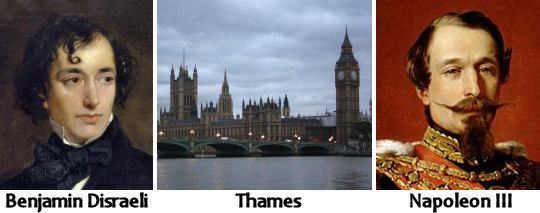Yogi Berra? Desi Arnaz? Carl Brandt? Apocryphal?
Question for Quote Investigator: The following anecdote is told about baseball great Yogi Berra. He received a telephone call very early in the morning, and the caller apologetically said, “I hope I didn’t wake you.” Yogi replied:
Nah, I had to get up to answer the phone anyway.
Is this an authentic Yogiism?
Reply from Quote Investigator: There is good evidence that Yogi did deliver this quip. He included a version in his 1998 collection “The Yogi Book”, and the story was attached to his name in newspapers by 1958.
Yet, the joke can be traced further back in time, and the earliest evidence located by QI appeared in a syndicated Hollywood gossip column in September 1942. The humorous line was reportedly spoken by the musician and actor Desi Arnaz who was one of the stars of the popular television comedy program “I Love Lucy”. The use of “ayem” instead of “A.M.” in the following was a stylistic quirk of the columnist:1
Pat O’Brien is chuckling about an early ayem phone call to Desi Arnaz. Noticing Desi’s voice sounded dull, Pat asked: “Did I get you out of bed?” “Not at all,” mumbled Arnaz, in a voice drugged by sleep, “I had to get up to answer the telephone anyway.”
In October 1942 the joke was printed in “The Calgary Herald” of Alberta, Canada. The caller and callee were unidentified, and the time period was shifted from early in the morning to late at night:2
Then there is the story about the man who was awakened at 4 a.m. by the ringing of his telephone.
“Sorry to trouble you at this time of night, old man …” began the voice at the other end of the wire.
“‘sall right.” interrupted the other. “I had to get up to answer the telephone, anyway.”
Here are additional selected citations in chronological order.
Continue reading “Quote Origin: I Had to Get Up to Answer the Phone Anyway”
